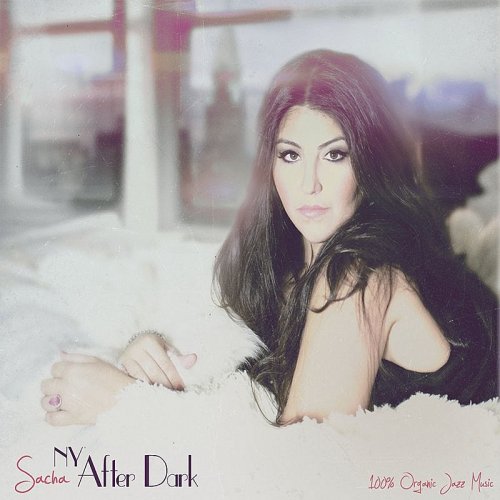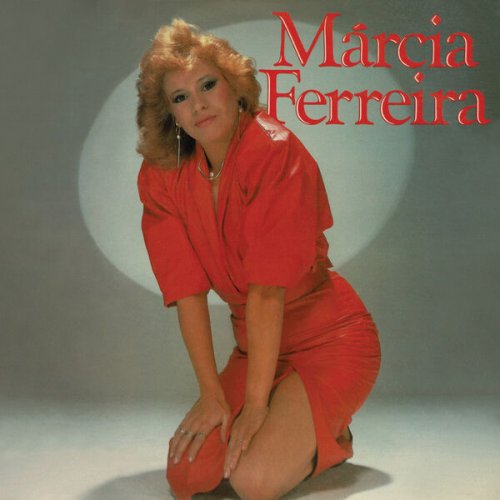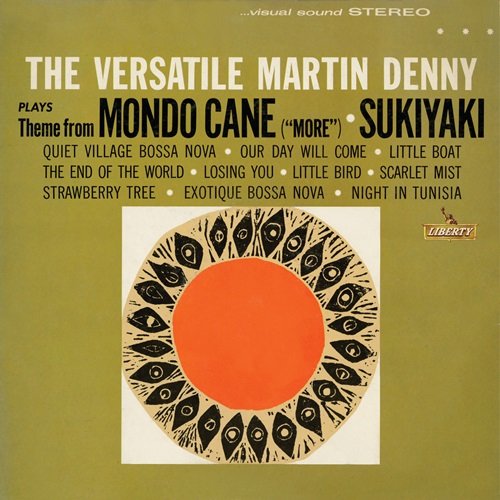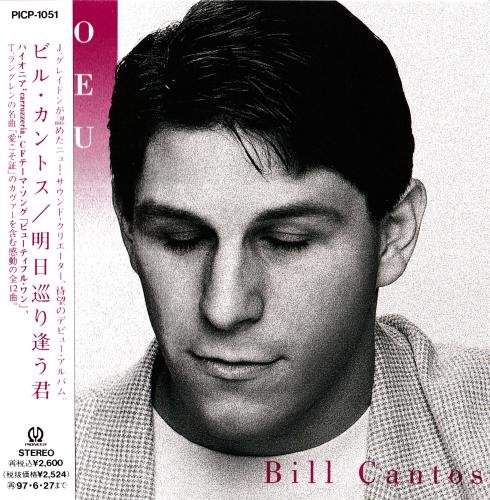Jean-Claude Malgoire, Claudio Scimone - Baroque in Italy (1991)
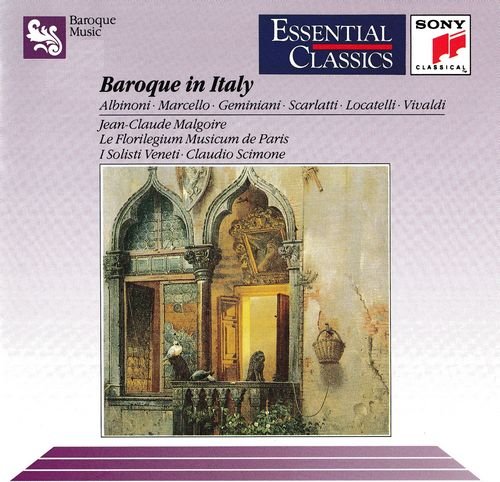
Artist: Jean-Claude Malgoire, Claudio Scimone
Title: Baroque in Italy
Year Of Release: 1991
Label: Sony Classical
Genre: Classical
Quality: FLAC (image+.cue,log,scans)
Total Time: 01:08:56
Total Size: 415 Mb
WebSite: Album Preview
Tracklist: Title: Baroque in Italy
Year Of Release: 1991
Label: Sony Classical
Genre: Classical
Quality: FLAC (image+.cue,log,scans)
Total Time: 01:08:56
Total Size: 415 Mb
WebSite: Album Preview
Concerto A Cinque For Oboe And String Orchestra In D Minor, Op. 9 No. 2
Composed By – Tomaso Albinoni
1. I. Allegro E Non Presto 3:54
2. II. Adagio 4:47
3. III. Allegro 2:43
Concerto For 4 Violins And String Orchestra In B Flat Major, R. 553
Composed By – Antonio Vivaldi
4. I. Allegro 3:32
5. II. Largo 3:46
6. III. Allegro 3:48
Concerto For Oboe And String Orchestra No. 2 In C Minor
Composed By – Alessandro Marcello
7. I. Allegro Moderato 3:06
8. II. Adagio 3:36
9. III. Allegro 3:23
Concerto Grosso In C Minor, Op. 3 No. 2
Composed By – Francesco Geminiani
10. I. Largo E Staccato - Allegro 4:26
11. II. Andante Risoluto 2:23
12. III. Allegro 2:14
Concerto For Oboe And String Orchestra In A Minor
Composed By – Alessandro Scarlatti
13. I. Allegro 1:38
14. II. Largo - Fugae 4:21
15. III. Piano - Allegro 3:50
Concerto For String Orchestra In F Minor, Op. 4 No. 8
Composed By – Pietro Locatelli*
16. I. Grave 1:39
17. II. Fuga A Capella 2:14
18. III. Largo 0:30
19. IV. Vivace - V. Allegro 3:56
Concerto For Oboe And String Orchestra In D Minor, R. 454
Composed By – Antonio Vivaldi
20. I. Allegro 3:18
21. II. Largo 1:23
22. III. Allegro 3:14
Performers:
Jean-Claude Malgoire (oboe)
Le Florilegium Musicum de Paris (01-03, 07-09, 13-15, 20-22)
I Solisti Veneti (04-06, 10-12, 16-19)
Claudio Scimone, conductor
Jean Claude Malgoire began his musical studies in his native Avignon. At the Paris Conservatoire he took first prizes in oboe and in chamber music, embarking on a brilliant career as an instrumentalist at the age of twenty, crowned by the first prize in 1968 in the Geneva International Competition. His interest in contemporary music brought a recording of music by Holliger, Castiglioni and Shinohara and in 1972 Bruno Maderna chose him as a principal in the Ensemble Européen de Musique contemporaine. He was subsquently appointed by Charles Munch as cor anglais soloist in the Orchestre de Paris. At the same time he developed his interests as a conductor and musicologist, with his first opera recordings in 1975 paving the way for engagements in Copenhagen, Stockholm, Covent Garden in London, the Paris Opéra Garnier, Karlsruhe, Palermo, and the Teatro Real in Madrid. He has more than 140 recordings to his credit, many of them of works recorded for the first time. Much of this has been brought about with the orchestra of the Grande Ecurie et la Chambre du Roy, founded in 1966, with which he has given more than two thousand concerts throughout the world. As the head of the Atelier Lyrique de Tourcoing since 1981, he has conducted operas that have twice won the prize for best opera production of the year, in 1983 with L’incoronazione di Poppea and in 1995 for the Mozart/Da Ponte trilogy Le nozze di Figaro, Don Giovanni and Così fan tutte. In addition to his interest in the music of the seventeenth and eighteenth centuries, he is one of the few conductors to have explored repertoire ranging from the eleventh to the twentieth centuries. In Europe he has appeared with orchestras including the Orchestre National de France, the Orchestre National de Lille, the Orchestre de Paris, the Orchestre National d’Île de France, and the Dresden and Kraków Philharmonic Orchestras.
Claudio Scimone was one of the international leaders of the chamber music and early music movements. He studied with Dimitri Mitropoulos and Franco Ferrara, and also studied early music and interpretation. In 1959 he formed the chamber orchestra I Solisti Veneti in Padua and remained associated with it for decades. It quickly achieved a reputation for excellence, and in 1975, Scimone took the orchestra for its first appearance at the annual Salzburg Festival in Austria, only to be invited back every year. He also led the orchestra on several world tours, appearing in 60 countries. Although the orchestra specializes in early music, Scimone was also instrumental in commissioning works by Cristobal Halffter, Franco Donatoni, Marius Constant, and Sylvanno Bussotti, among others.
Meanwhile, Scimone carried on an additional career as one of the most respected musicologists researching Italian music from the end of the Renaissance through Rossini. He prepared and edited the first modern editions of Tartini's then practically forgotten violin concertos and sonatas and has prepared editions of many Vivaldi operas. One of his most sensational modern premieres was his recording of Vivaldi's Orlando furioso in 1977, with Marilyn Horne and Victoria de Los Angeles, and his live performance of it in 1979 at the Teatro Filharmonico in Verona. He prepared a critical edition of Rossini's Maometto II and made first recordings or premiere modern performances of several Rossini operas. He was the author of an acclaimed treatise on performing practice, Segno, Significato, Interpretazione. He recorded for the Erato label, among others, and has more than 250 performances recorded under his baton.
In addition to concerts with I Solisti Veneti, he conducted at Covent Garden, the Houston Grand Opera, Lincoln Center's Mostly Mozart Festival, and the Verona Arena. At the last-named of those, in 1996 he performed the long-forgotten opera Les Danaïdes by Antonio Salieri. He also conducted such leading orchestras as the O.R.T.F. Philharmonic; Melbourne, Tokyo, Houston, Montreal, Ottawa, and Dallas symphony orchestras; the Philharmonia of London; Yomiuri Nippon Orchestra; and the Royal Philharmonic of London. He received the Grand Prix du Disque, a Grammy Award, and the Montreux World Disc Prize.
Claudio Scimone was one of the international leaders of the chamber music and early music movements. He studied with Dimitri Mitropoulos and Franco Ferrara, and also studied early music and interpretation. In 1959 he formed the chamber orchestra I Solisti Veneti in Padua and remained associated with it for decades. It quickly achieved a reputation for excellence, and in 1975, Scimone took the orchestra for its first appearance at the annual Salzburg Festival in Austria, only to be invited back every year. He also led the orchestra on several world tours, appearing in 60 countries. Although the orchestra specializes in early music, Scimone was also instrumental in commissioning works by Cristobal Halffter, Franco Donatoni, Marius Constant, and Sylvanno Bussotti, among others.
Meanwhile, Scimone carried on an additional career as one of the most respected musicologists researching Italian music from the end of the Renaissance through Rossini. He prepared and edited the first modern editions of Tartini's then practically forgotten violin concertos and sonatas and has prepared editions of many Vivaldi operas. One of his most sensational modern premieres was his recording of Vivaldi's Orlando furioso in 1977, with Marilyn Horne and Victoria de Los Angeles, and his live performance of it in 1979 at the Teatro Filharmonico in Verona. He prepared a critical edition of Rossini's Maometto II and made first recordings or premiere modern performances of several Rossini operas. He was the author of an acclaimed treatise on performing practice, Segno, Significato, Interpretazione. He recorded for the Erato label, among others, and has more than 250 performances recorded under his baton.
In addition to concerts with I Solisti Veneti, he conducted at Covent Garden, the Houston Grand Opera, Lincoln Center's Mostly Mozart Festival, and the Verona Arena. At the last-named of those, in 1996 he performed the long-forgotten opera Les Danaïdes by Antonio Salieri. He also conducted such leading orchestras as the O.R.T.F. Philharmonic; Melbourne, Tokyo, Houston, Montreal, Ottawa, and Dallas symphony orchestras; the Philharmonia of London; Yomiuri Nippon Orchestra; and the Royal Philharmonic of London. He received the Grand Prix du Disque, a Grammy Award, and the Montreux World Disc Prize.
DOWNLOAD FROM ISRA.CLOUD
Jean-Claude Malgoire Claudio Scimone Baroque in Italy 91 1402.rar - 415.5 MB
Jean-Claude Malgoire Claudio Scimone Baroque in Italy 91 1402.rar - 415.5 MB
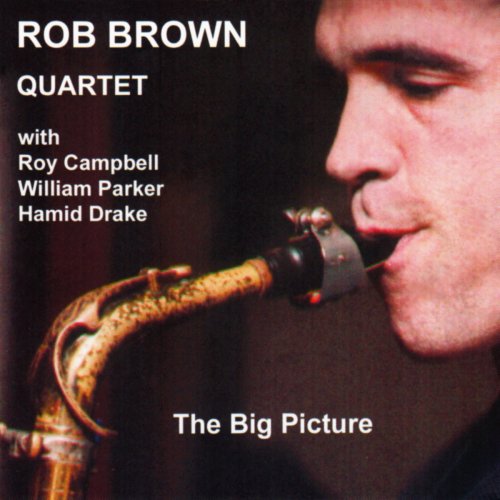
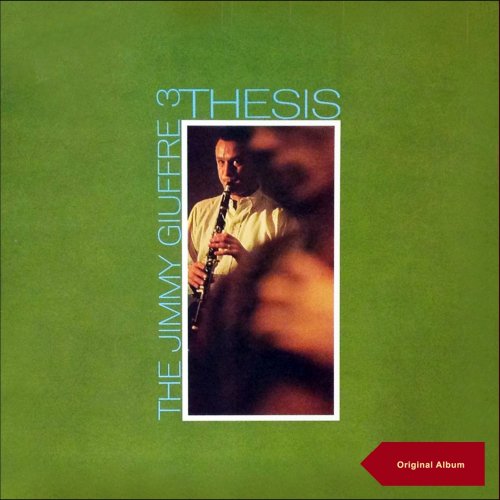
![Philippe Chrétien, Jeannot Steck - Eclipse - The Album (2025) [Hi-Res] Philippe Chrétien, Jeannot Steck - Eclipse - The Album (2025) [Hi-Res]](https://www.dibpic.com/uploads/posts/2025-12/1766208210_folder.jpg)
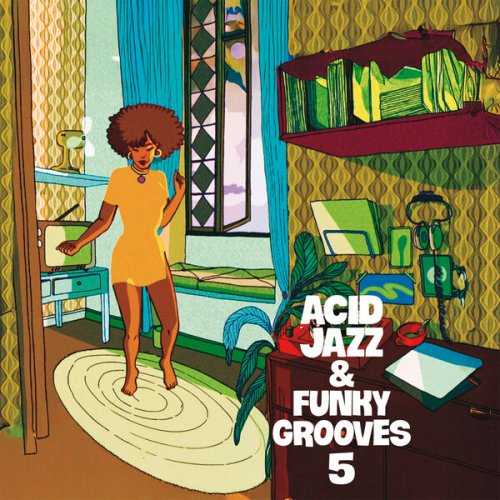
![Bryan Ferry - Bitter-Sweet (2018) [Hi-Res] Bryan Ferry - Bitter-Sweet (2018) [Hi-Res]](https://www.dibpic.com/uploads/posts/2018-11/1543491501_folder.jpg)
